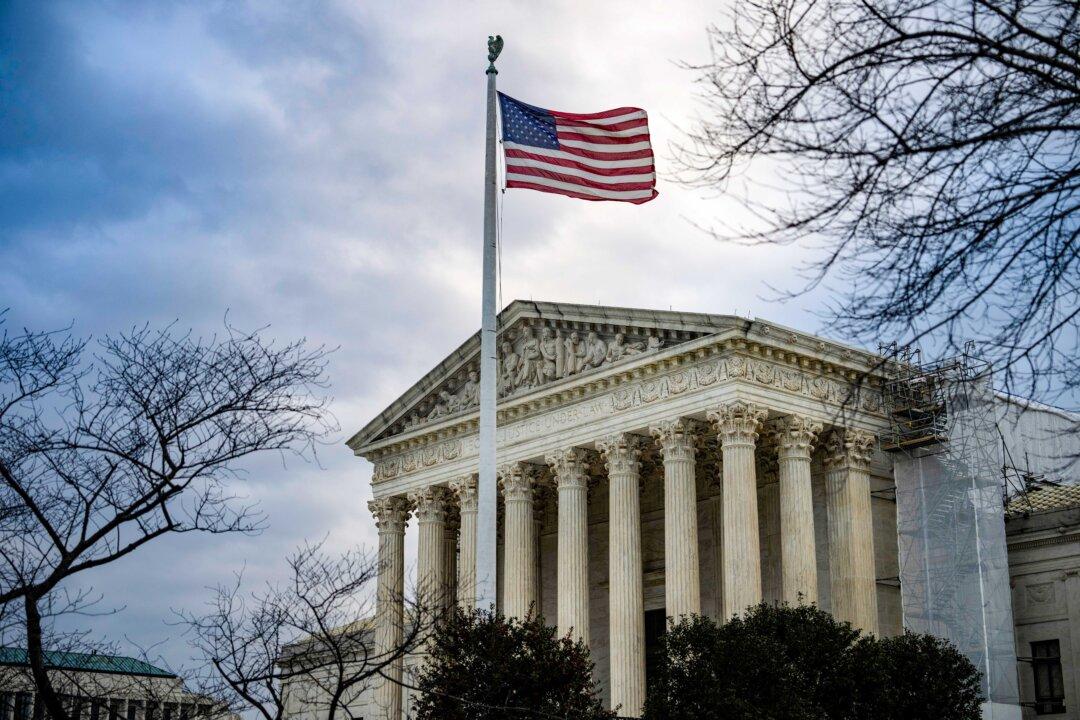Revoking regulations that relaxed restrictions on a commonly used abortion pill would have “disruptive consequences” for women and the U.S. Food and Drug Administration (FDA), the U.S. Department of Justice (DOJ) told the Supreme Court.
The FDA loosened restrictions in 2016 and 2021 on the abortion pill mifepristone.





